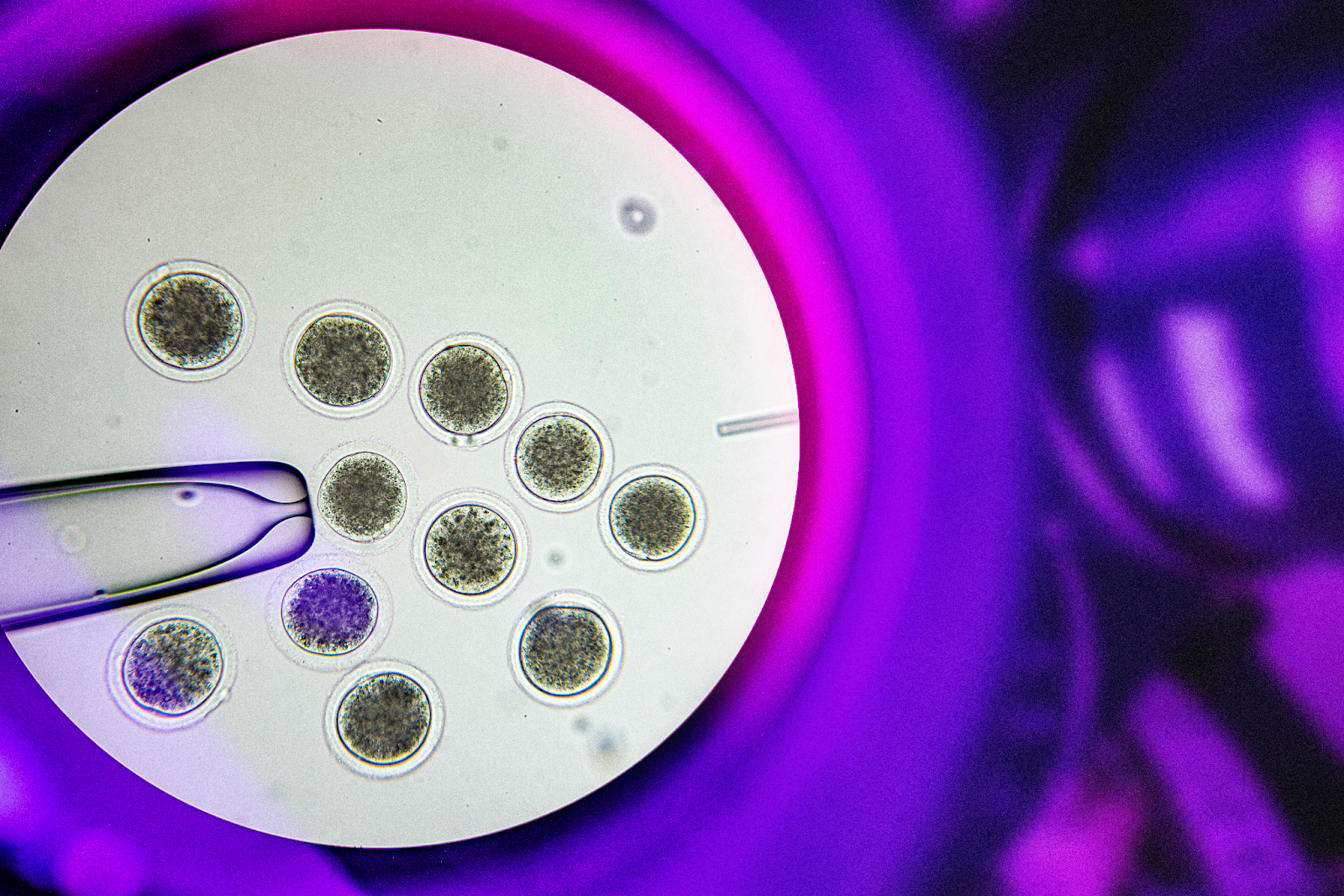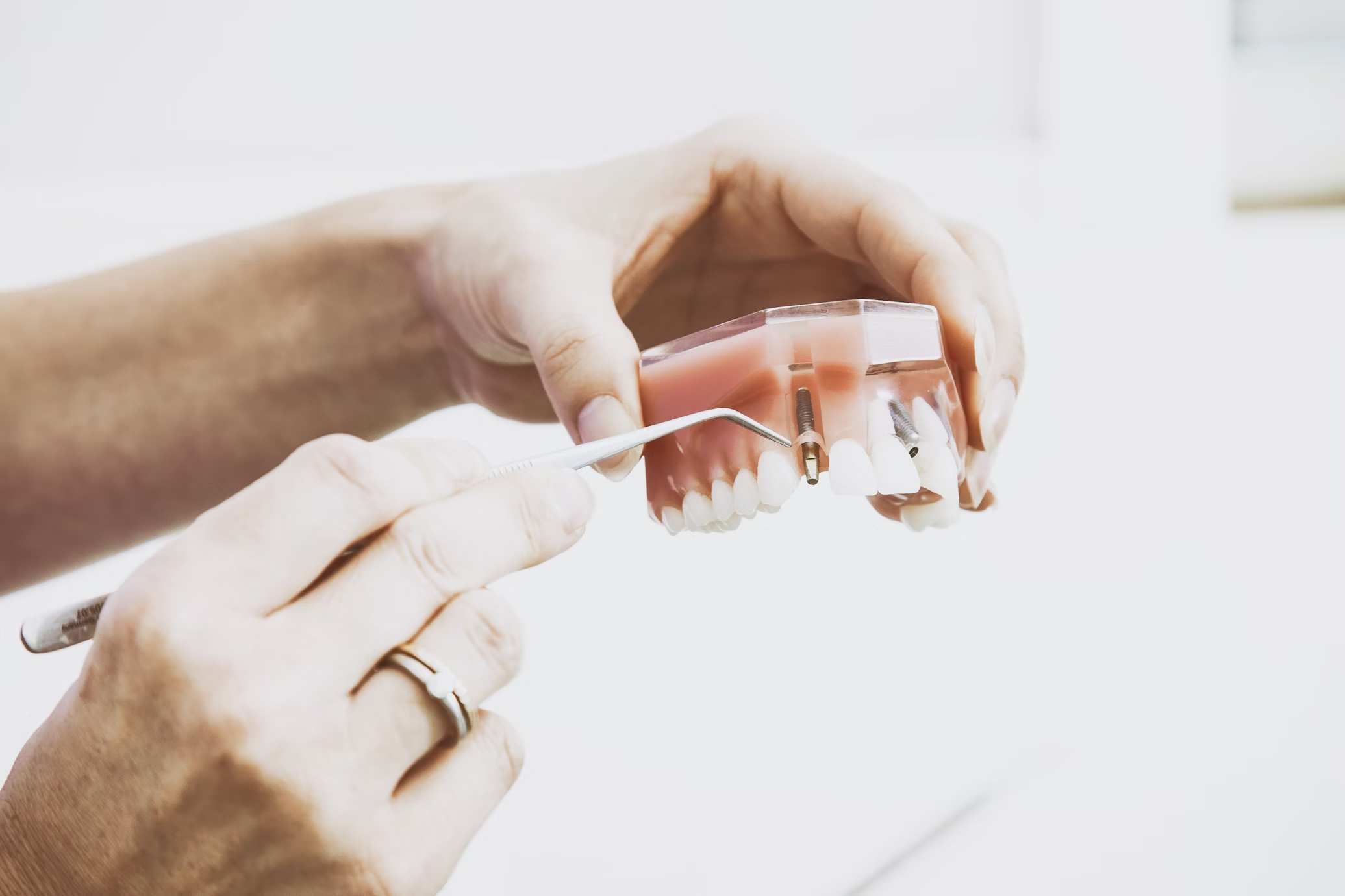Permanently eliminating tooth pain and managing sensitivity is akin to shutting down a malfunctioning server — it requires precision and expertise.
Experiencing a toothache can be an incredibly distressing ordeal, often accompanied by throbbing and swelling, prompting immediate concern due to the risk of tooth decay, which may sometimes require antibiotics or a saltwater rinse for temporary relief. Sipping peppermint tea can sometimes provide a soothing sensation to temporarily alleviate discomfort and reduce sensitivity.
Tooth pain can often be so severe and throbbing that over-the-counter painkillers become an essential ally. These medications, including NSAIDs like ibuprofen or acetaminophen, work to reduce inflammation and provide temporary pain relief. While they won’t kill tooth pain nerve in 3 seconds permanently , they can offer significant comfort until you are able to seek professional dental care.
The intensity of toothache pain varies, but it commonly signals deeper underlying dental issues, including sensitivity, that require professional attention. Seeking to kill tooth pain nerve in 3 seconds permanently during an acute toothache might be a tempting thought, but it is crucial to understand that such instant solutions are generally not viable.
Professionals use advanced techniques such as endodontic therapy or pulp removal, leveraging state-of-the-art tools to alleviate tooth nerve pain effectively. While it may not be possible to kill tooth pain nerve in 3 seconds permanently, these methods are designed to provide long-lasting relief from nerve pain and may be coupled with antibiotics for better results.
Dentistry plays a critical role in the effective management and treatment of tooth pain. Modern dentistry employs a myriad of techniques and technologies, ranging from diagnostic tools like X-rays to advanced procedures such as root canals and pulp removal. These professional interventions are essential not only for providing relief but also for preventing further complications associated with dental issues.
Nerve damage can exacerbate tooth pain, turning a manageable issue into a severe problem. When the nerves in the teeth are damaged, whether from traumatic injury or chronic tooth decay, the resulting pain can be particularly intense. This nerve pain often requires more advanced dental procedures to treat effectively, as the damage goes beyond what over-the-counter medications or home remedies can alleviate. Professional dental intervention is critical in these cases to address the nerve damage and provide lasting relief.
Combining painkillers with other home remedies, such as applying a cold compress, using clove oil, rinsing with hydrogen peroxide, or trying a saltwater rinse, can enhance the pain-relief effect. Although these combined methods won’t kill tooth pain nerve in 3 seconds permanently, they can make the pain more manageable as you await professional intervention.
Understanding Tooth Pain Causes
Tooth pain typically originates from nerve irritation, a common but significant dental issue. Cavities, gum disease, infections, tooth decay, and swelling can all contribute to such nerve discomfort, often signaling deeper underlying problems that require professional attention. If you’re looking to kill tooth pain nerve in 3 seconds permanently, it’s essential to understand these underlying causes.
In some acute cases, the use of painkillers, possibly combined with hydrogen peroxide rinses, becomes unavoidable. These medications act quickly to numb the pain and provide temporary relief, allowing you to manage daily functions until a more permanent solution can be obtained. However, it is essential to follow dosage guidelines strictly to avoid complications.
One common and particularly distressing occurrence of dental issues is tooth nerve pain, often accompanied by swelling. This specific type of discomfort is typically caused by the inflammation or irritation of the nerve endings within a tooth, leading to a throbbing sensation that can be unbearable. Such pain is often described as intense and sharp, necessitating prompt dental care for efficient and effective relief.
While external factors like a cracked tooth can directly affect the nerve, internal factors such as “pulpitis” involve the inflammation of the tooth’s pulp, leading to severe pain. In many cases, this inflammation is the body’s response to bacterial invasion. Thus, understanding the root cause is crucial for effective and targeted treatment. Although the idea to kill tooth pain nerve in 3 seconds permanently may seem appealing, addressing the root cause is the most effective approach.
Swelling, often accompanying nerve pain, is a common symptom of dental infections or injuries. This physical response is the body’s way of signaling that there is an underlying issue that needs attention. Addressing the swelling early on can help prevent further complications and aid in the healing process.
Tooth nerve pain results when the nerve endings within the tooth become irritated or inflamed, often manifesting as sharp, shooting pain. This type of pain can be particularly intense and hard to manage without professional dental intervention. While some might seek to kill tooth pain nerve in 3 seconds permanently, understanding the nature of nerve pain can help in finding more effective, lasting solutions.
For those seeking to kill tooth pain nerve in 3 seconds permanently, it’s important to note that professional dental intervention is often required. Quick fixes may offer temporary relief but seldom address the deeper issues causing the pain.
Toothache is frequently caused by factors such as cavities, gum disease, or infection, which lead to the irritation of the tooth’s nerve endings. This pain is often sharp and severe, necessitating prompt and targeted intervention. While the idea to kill tooth pain nerve in 3 seconds permanently is appealing, effectively addressing a toothache requires an understanding of its root causes.
Swelling is often noticed when there is an infection or extensive damage to the tooth structure. This can lead to increased pressure on the nerve, exacerbating the pain. Timely intervention is crucial to manage both the pain and accompanying swelling effectively.
Swelling associated with nerve damage is particularly problematic as it can increase the pressure on the affected area, intensifying the pain. Addressing this swelling swiftly can mitigate the discomfort and prevent further complications. Treatments to manage swelling often involve both medication and physical care, such as applying cold compresses to reduce inflammation. While these measures won’t kill tooth pain nerve in 3 seconds permanently, they are crucial in managing the symptoms until more permanent solutions can be provided.
Common Reasons
Tooth pain is commonly caused by dental conditions such as cavities or gum disease. Bacterial infections play a crucial role in the onset of these issues, leading to persistent discomfort. If you’re looking to kill tooth pain nerve in 3 seconds permanently, understanding these common causes is essential.
Physical trauma to the tooth, including fractures and cracks, can also expose the nerve, causing severe pain. This exposure allows external stimuli to directly interact with sensitive inner tissues, making it challenging to kill tooth pain nerve in 3 seconds permanently without professional intervention.
Nerve pain can also be exacerbated by underlying conditions such as bruxism, which involves the grinding of teeth. Bruxism often wears down the enamel and exposes the nerve endings, causing severe discomfort. Addressing bruxism through dental appliances or stress management techniques can significantly alleviate nerve pain. Therefore, while the notion to kill tooth pain nerve in 3 seconds permanently persists, managing contributing factors like bruxism is crucial for lasting relief.
The field of dentistry continually evolves, incorporating new research and technological advancements to improve patient outcomes. For instance, laser dentistry has emerged as a less invasive option for certain procedures, offering reduced healing times and increased precision. These innovations make professional dental care more effective in managing and eliminating nerve pain, emphasizing the importance of qualified dentists in the treatment process.
Addressing nerve damage often requires a comprehensive approach that includes assessing the extent of the damage, determining the best method of treatment, and implementing long-term care strategies. This might involve using advanced imaging techniques to accurately diagnose the problem, followed by procedures such as root canals or even extractions in severe cases. The goal is to provide targeted treatment to alleviate the nerve pain effectively and to restore full dental health.
Dental cavities are one of the most common chronic diseases, affecting individuals of all ages.
Furthermore, worn enamel from grinding or dietary acids can lead to nerve exposure, exacerbating pain. Timely dental intervention is critical to address these causes effectively and prevent long-term damage. While the goal to kill tooth pain nerve in 3 seconds permanently is ambitious, addressing these underlying issues is key to achieving lasting relief.
Dental Anatomy
The anatomy of a tooth is critical to understanding dental health and pain mechanisms. To effectively kill tooth pain nerve in 3 seconds permanently, one must first understand the structure of a tooth.
Each tooth consists of several layers: enamel, dentin, pulp, and cementum. The enamel is the outermost, hard protective layer. Understanding the role of enamel is essential when attempting to kill tooth pain nerve in 3 seconds permanently.
Beneath the enamel lies the dentin, a mineralized tissue that also protects the pulp. The pulp contains nerves and blood vessels, which are the primary targets when you aim to kill tooth pain nerve in 3 seconds permanently.
At the root, cementum covers the tooth and helps anchor it within the bone of the jaw. Knowing how cementum functions can aid in strategies to kill tooth pain nerve in 3 seconds permanently.
In cases of severe infection, the swelling can become pronounced, often leading to visible puffiness around the affected area. This can not only cause discomfort but also signal a more serious underlying issue that necessitates professional dental care.
Understanding these layers helps in diagnosing and treating dental issues effectively, especially when the goal is to kill tooth pain nerve in 3 seconds permanently.
Immediate Relief Methods
While permanent elimination of tooth pain may require professional intervention, there exist quick, non-invasive techniques that offer immediate relief. To kill tooth pain nerve in 3 seconds permanently, one must often seek professional dental care, but temporary solutions can provide immediate comfort.
Applying a cold compress to the affected area can numb the nerve endings and reduce swelling, providing temporary yet effective respite from the pain. Although this won’t kill tooth pain nerve in 3 seconds permanently, it can offer significant short-term relief.
Additionally, over-the-counter pain medications, topical anesthetics, and rinsing with hydrogen peroxide can attenuate acute nerve pain. While these methods won’t kill tooth pain nerve in 3 seconds permanently, they allow you to function until more definitive dental care can be obtained.
In summary, while these immediate relief methods won’t kill tooth pain nerve in 3 seconds permanently, they are essential for managing pain until you can seek professional treatment.
Effective Home Remedies
Several home remedies, including peppermint tea, can provide temporary relief while awaiting professional dental care.
In 2016, a study conducted by Harvard Medical School highlighted that certain natural remedies could alleviate tooth nerve pain and inflammation, bringing momentary comfort.
Indeed, it’s worth noting that while these methods won’t permanently eliminate pain, they can help manage symptoms effectively.
Among the most popular are clove oil, renowned for its analgesic properties, or a saltwater rinse, which can clean affected areas, and garlic, known for its antibiotic effects.
Understanding these options can make a significant difference in managing discomfort until you can visit a dentist.
Over-the-Counter Solutions
Consider topical anesthetics for fast relief.
These products can numb the area around the tooth temporarily. They often contain benzocaine or similar agents known for their numbing properties. Additionally, some topical anesthetics incorporate clove oil for an added layer of pain relief. However, they don’t provide a long-term solution.
Oral pain medications can be effective.
Nonsteroidal anti-inflammatory drugs (NSAIDs) or acetaminophen are commonly recommended. They can reduce inflammation and alleviate pain, making it easier to cope.
Be cautious with usage frequency.
Always adhere to recommended dosages to avoid potential side effects. Overuse or misuse of these medications can lead to significant health risks. When in doubt, consult a healthcare professional for guidance.
Long-term Solutions
Consulting with a dental professional is crucial for permanent relief. While the idea to kill tooth pain nerve in 3 seconds permanently is appealing, it often requires more comprehensive treatment.
Tooth pain often indicates underlying issues like cavities, infection, or gum disease that require proper diagnosis, treatment, and sometimes antibiotics. Effective long-term strategies usually involve dental procedures such as fillings, root canals, or extractions, which can help to kill tooth pain nerve in 3 seconds permanently in a clinical setting.
Seek professional treatment to restore oral health and potentially kill tooth pain nerve in 3 seconds permanently.
Dental Procedures
Modern advancements in dental procedures have significantly improved the management of tooth pain and oral health.
One of the most common procedures, the root canal, specifically targets the tooth’s nerve to eliminate pain. Conducted under local anesthesia, this procedure is typically painless.
A root canal involves removing the infected or damaged nerve tissue, cleaning the canal, and sealing it to prevent further infection. This effectively eliminates the pain associated with the affected tooth.
For severe cases where a root canal is not feasible, a tooth extraction may be necessary. This procedure completely removes the problematic tooth and, subsequently, the nerve causing the pain.
Nerve pain caused by dental infections often requires antibiotic treatment in conjunction with dental procedures to fully eliminate the issue. Left untreated, infections can spread and cause chronic pain, further complicating the quest to kill tooth pain nerve in 3 seconds permanently. Immediate medical attention can prevent the situation from worsening, offering a more sustainable solution to nerve pain.
Regular visits to the dentist are crucial for maintaining oral health and addressing potential issues before they become severe. Preventative dentistry, including routine cleanings and check-ups, helps identify and manage problems such as cavities or gum disease early on. These regular interventions can significantly reduce the likelihood of experiencing severe tooth pain that might prompt one to seek extreme measures to kill the tooth pain nerve in 3 seconds permanently.
These dental procedures offer a long-term solution for tooth pain, ensuring that the underlying issues are addressed and the pain is permanently eliminated.
Lifestyle Changes on How to Kill Tooth Pain Nerve in 3 seconds Permanently
Adopting specific lifestyle changes can significantly influence your oral health, thereby reducing the likelihood of tooth pain that requires nerve elimination procedures.
Incorporating a balanced diet rich in vitamins and minerals can bolster dental health.
Limiting sugar intake mitigates the risk of cavities.
Regular exercise enhances overall wellbeing, indirectly benefiting oral health.
Maintaining proper hydration aids in saliva production, crucial for neutralizing acids produced by bacteria in the mouth.
Finally, prioritizing regular dental check-ups ensures early detection and prevention of potential dental issues, thus minimizing the need for invasive procedures like root canals or extractions.
Professional Guidance
Consulting with a board-certified dentist is crucial to accurately diagnose and address tooth pain.
Whether it’s an occasional toothache or chronic nerve pain, consulting with a dental professional is vital for permanent relief. Professional treatments, such as root canals or dental extractions, are targeted solutions that address the core issue, thereby alleviating the pain effectively. A toothache might drive one to seek immediate and permanent solutions, yet professional guidance remains the most reliable pathway toward lasting dental health.
Specialists can offer tailored treatment plans.
Understanding the underlying cause of tooth pain often requires diagnostic tools such as X-rays, intraoral cameras, and CT scans to pinpoint the exact issue.
Professional guidance is indispensable for ensuring that the most suitable treatment is administered, whether it be a root canal, extraction, or alternative therapies. By leveraging their expertise, dentists can provide long-lasting relief and comprehensive care, minimizing the recurrence of pain and ensuring optimal dental health. For further details, visit the American Dental Association website.
Conclusion
In conclusion, the idea of killing tooth pain nerve in 3 seconds permanently is not a realistic expectation.
Dental issues are complex and often require professional intervention to diagnose and treat effectively. Quick fixes may offer temporary relief but seldom address the root cause of pain, which could be due to decay, infection, or other underlying conditions. Therefore, while the concept of killing tooth pain nerve in 3 seconds permanently is appealing, it is not typically feasible without professional dental care.
Thus, seeking the expertise of a dental professional is paramount for accurate diagnosis and long-term solutions. Investing time in regular dental care and professional consultations can significantly reduce the chances of experiencing severe tooth pain in the future. While it may not kill tooth pain nerve in 3 seconds permanently, professional care ensures that the underlying issues are properly addressed.
Ultimately, maintaining rigorous oral hygiene and scheduling consistent dental check-ups are the best strategies for preventing dental pain. Trusting in professional guidance ensures comprehensive care, addressing not just the symptoms but also the underlying causes, thereby promoting overall dental health and well-being. While it may not kill tooth pain nerve in 3 seconds permanently, it is the most effective approach for long-term dental health.





